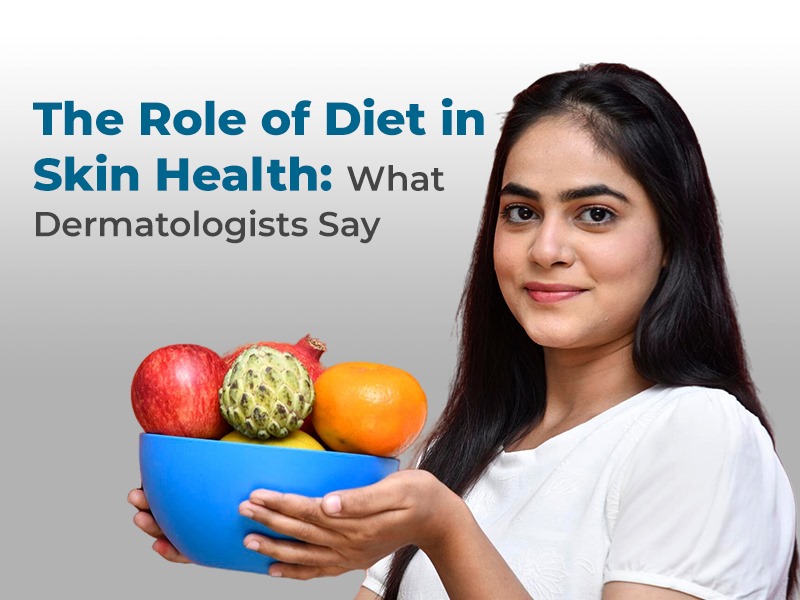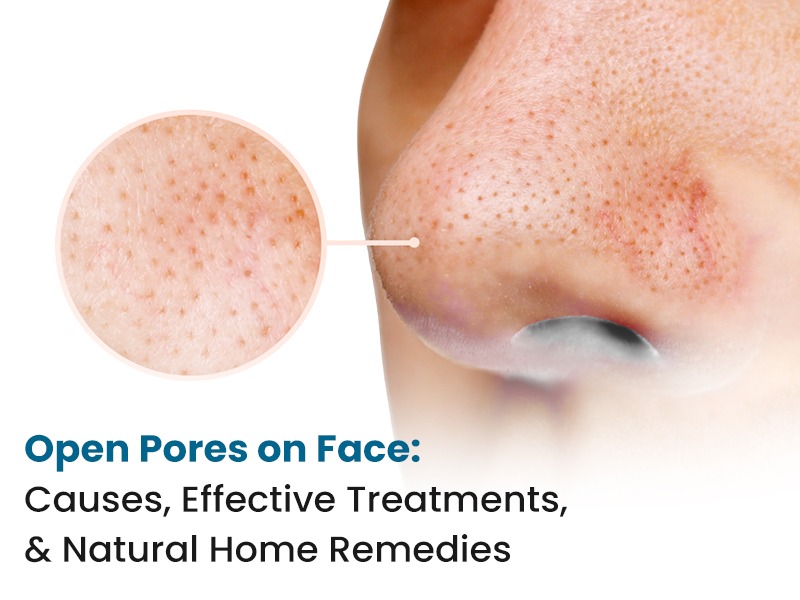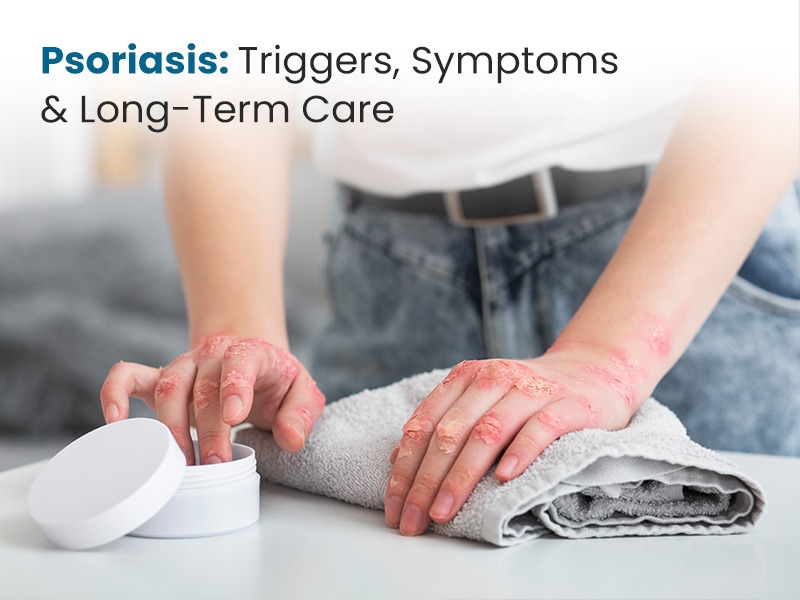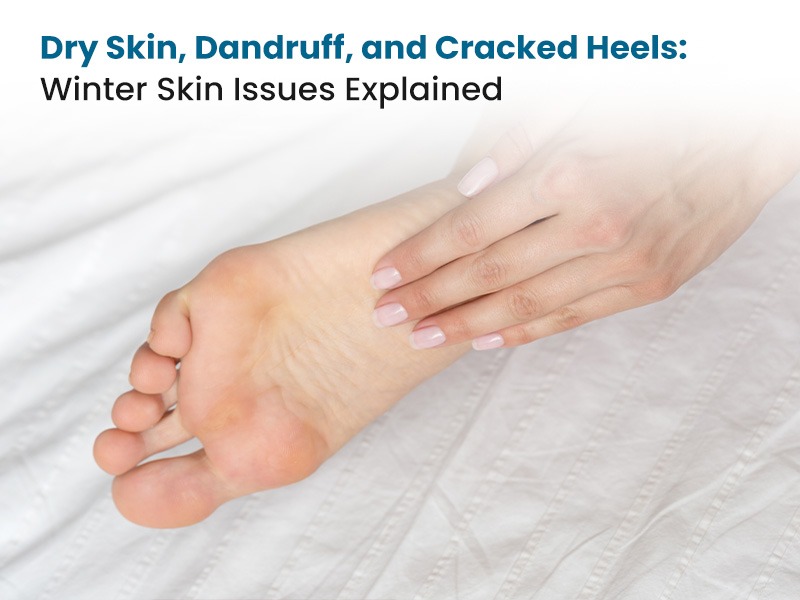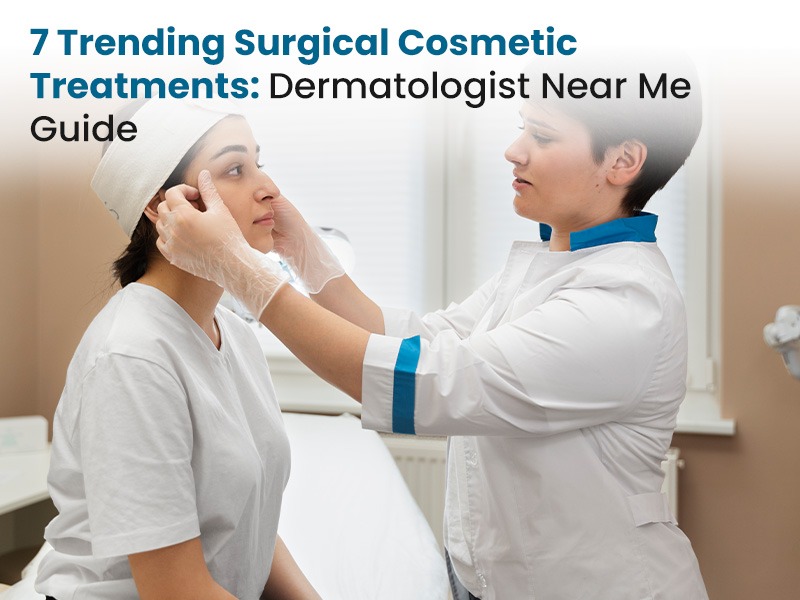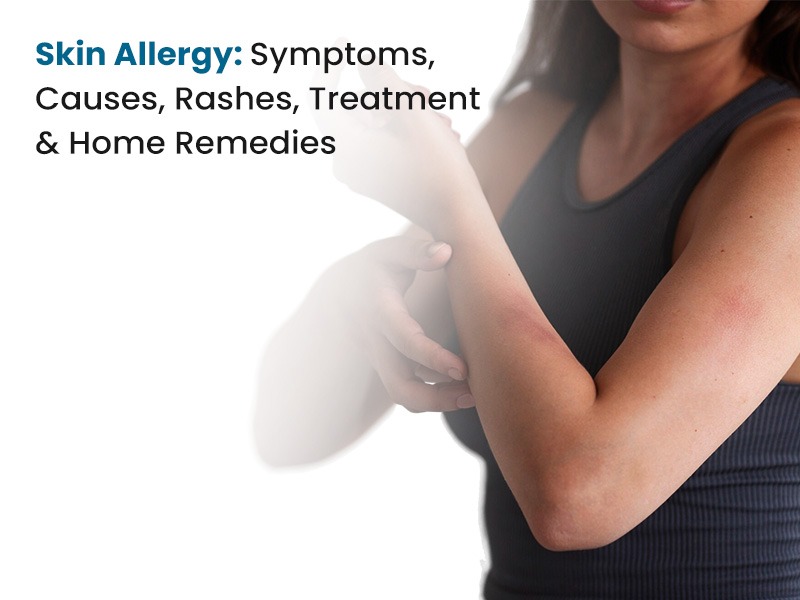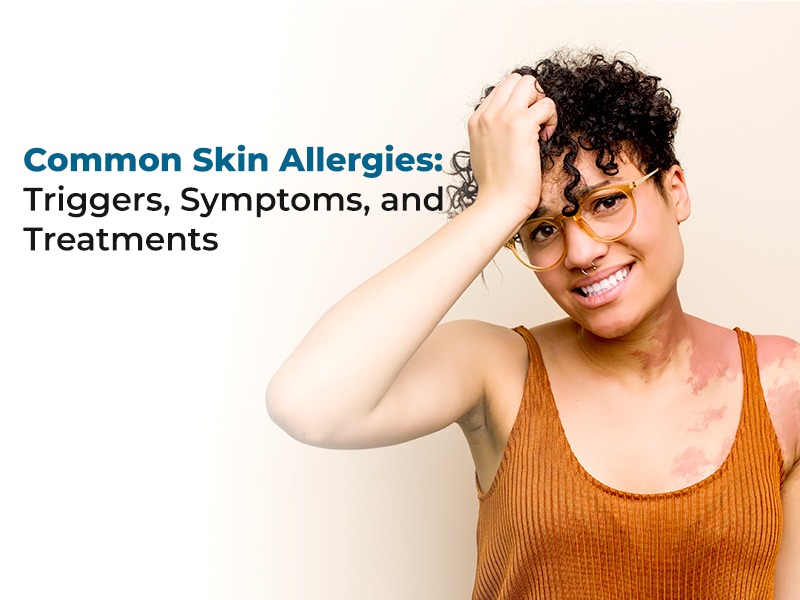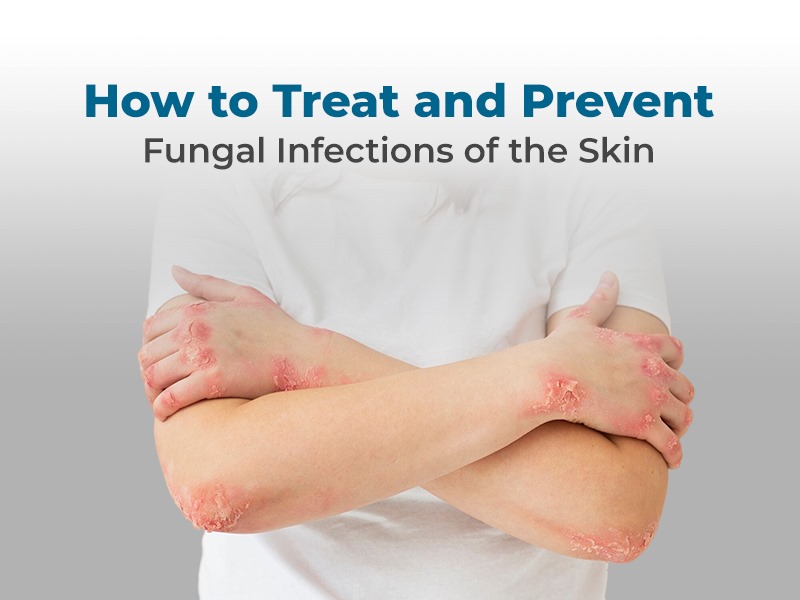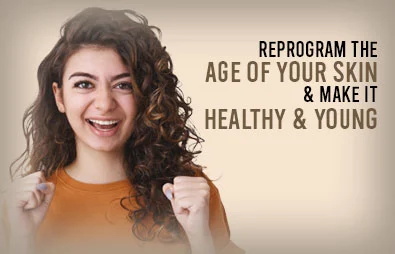It is usually said that your skin is a pure reflection of your body’s health since even a minor change or some breakouts on your skin is associated with something happening underneath. Our diet and lifestyle greatly influence our skin health. According to your knowledge, if you are doing the best you can but still facing breakouts, it is best to consult skin doctors in Delhi.
While skincare products are crucial, dermatologists frequently emphasise that diet can be just as important. A balanced diet can enhance skin glow, prevent premature ageing, and even help manage skin conditions such as acne, eczema, and rosacea.
Let’s understand some foods which are beneficial for your skin health.
Antioxidants
Antioxidants are certain substances that react in a specific way which results in the production of free radicals, leading to the prevention or a reduced speed of cells damaging. A few of the foods rich in antioxidants are Berries, dark chocolate, nuts, and leafy greens.
They are formed inside your body but can be found outside the body in the form of Vitamin A, Vitamin C, Vitamin E, and manganese, to name a few. A great benefit of consuming Antioxidants is that along with your skin, other organs also benefit. This component is helpful even for reducing blood pressure, improving eyesight, and reducing the risk of cancer.
Healthy Fats
Even dermatologists agree that healthy fats are important for maintaining the skin's barrier function, which keeps moisture in and the irritants out. The two fatty acids found in foods are Omega-3 and Omega-6, readily available in food items like fatty fish, flaxseeds, chia seeds, and walnuts. They are necessary for maintaining the skin’s barrier as they are responsible for keeping the skin hydrated.
A deficiency in healthy fats can lead to dry, flaky skin and increase the risk of developing conditions like eczema. However, if you observe specific breakouts on your skin, be it face, neck or any, taking your case to a skin specialist hospital in Delhi to know the underlying issue is beneficial.
Hydrate
The first thought when you hear ‘Hydrate’ would be to drink more water. But that's not it as far as skin hydration is concerned. The role of water-rich foods should not be ignored here. Cucumbers, watermelon, and oranges are some food items which not only provide hydration but also offer essential vitamins and minerals that support skin health.
Also, dermatologists recommend that you keep a check on your intake of dehydrating food or liquids like caffeine and liquor. Perfectly hydrated skin is elastic, has reduced fine lines and is soft instead of sturdy.
Limit Sugar and Refined Carbohydrates
The overconsumption of sugar and refined carbohydrates impacts your overall well-being, especially your skin, in a negative manner. High-glycemic foods like white bread, sugary snacks, and soft drinks can sharply increase blood sugar levels. Dermatologists explain that this can, in turn, increase insulin production, which can stimulate oil production and inflammation, resulting in acne breakouts.
As per the skin doctors in Delhi, consuming sugar and refined carbs beyond a point may fast-forward the glycation process, in which sugar molecules bind with proteins such as collagen, making them stiff. Because of this, you may face premature ageing, including wrinkles and sagging skin.
Gut-health and Skin
As per recent research, a link has been found between gut health and skin health. Dermatologists have found that an unhealthy gut can lead to inflammation throughout the body, including the skin. This can further turn into acne, rosacea, or eczema.
To maintain healthy skin, it is necessary to work on your gut health, which can be looked over with the consumption of probiotics and prebiotics. Yoghurt, kefir, sauerkraut, and other fermented foods are rich in probiotics; on the other hand, foods like bananas, onions, and garlic provide prebiotics that nourish good bacteria in the gut.
Vitamins and minerals
Vitamins and minerals are necessary for various skin functions, be it cell regeneration or protection against environmental damage. A diet rich in vitamins A, B, C, D, and E, as well as minerals like zinc and selenium, is preferred by dermatologists for maintaining healthy skin.
Minerals
- Calcium: Blackberries, dates, milk, egg, pomegranate, almonds, wheat, soybeans etc.
- Sodium: Passion fruit, onions, fresh fruits, sweet potato, broccoli, pumpkin seeds, eggs, milk etc.
- Iodine: Seafoods, iodised salt, milk.
- Phosphorus: Passion fruit, pomegranate, dates, beef, tuna, oats etc.
Vitamins
- Vitamin A: Green leafy vegetables, ripe yellow fruits, guava, milk, liver, nuts, tomatoes, oranges, carrots, broccoli, watermelon etc.
- Vitamin C: Fresh fruits, black currant, broccoli, goat milk and chestnuts.
- Vitamin E: Potatoes, pumpkin, guava, mango, milk, nuts, seeds etc.
- Vitamin K: Tomatoes, broccoli, chestnuts, cashew nuts, beef, lamb, mangoes, grapes etc.
.
Diet and Skin
The role of diet in skin health is undeniable, and dermatologists continue to research and understand how various foods impact the skin. By incorporating antioxidant-rich foods, healthy fats, hydration, and essential vitamins and minerals into your diet, you can support your skin’s health from the inside out. Remember, glowing skin reflects overall wellness, and a balanced diet is vital.
Consult with a dermatologist from Skin specialist hospital in delhi to create a personalised dietary plan that meets your skin’s unique needs, and enjoy the benefits of radiant, healthy skin.

